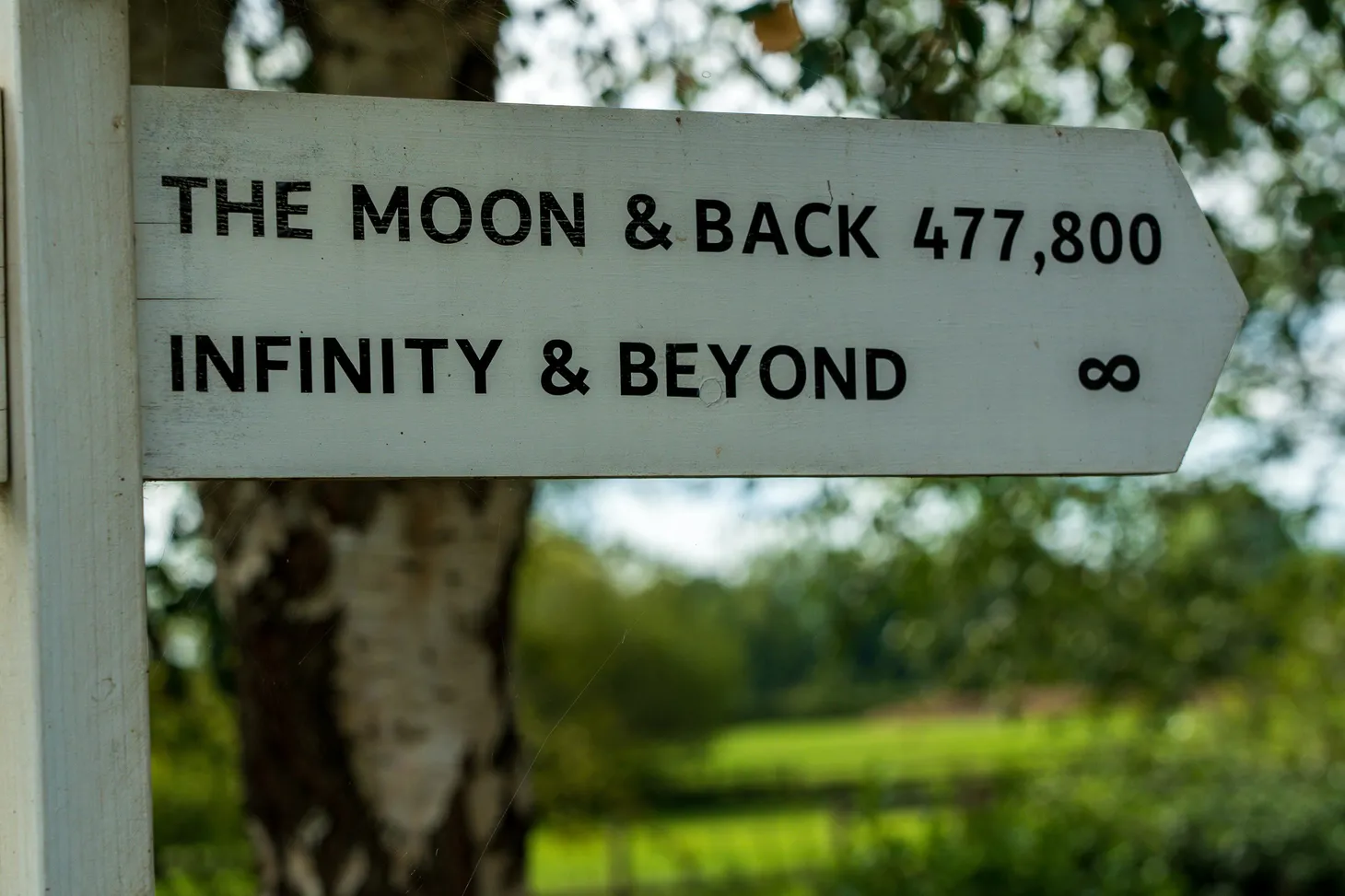Embracing Nonlinearity

I'm in the middle of writing a white paper for a new media company I have just started called The Interlude Café, scheduled to launch in September this year.
The company is for a new generation of people over 45 who don't view life in the traditional linear format of education, career, and retirement. Instead, they view increasing longevity as an opportunity to pursue new careers, relationships, projects, businesses, and other endeavors in the second half of life.
As we go through life, we're conditioned to expect a traumatic event, usually between the ages of 40 and 60, called the mid-life crisis. But this is a disease of the linear age, and we need not be bound by society telling us how we should behave just because of the number of candles on our cake.
I thought I would share the introduction to the white paper because this type of thinking impacts everybody's life. As always, comments and feedback are welcome.
Embracing Nonlinearity: Redefining Life Paths and Transitions
For most of us today, increasing longevity is no longer a pipe dream but an unfolding reality. Research shows that people born today are three times more likely to reach their 100th birthday than their grandparents and twice as likely as their parents. *
However, just as we have adapted to changes across many other aspects of our lives, it's time to radically rethink how increasing longevity impacts our entire lifespan.
Let's start with the concept of linearity. Since the Industrial Revolution, we've been led to believe that life follows a linear 'path' of education, career, and retirement. But why should we force a straight-line narrative onto our lives when we know that very little in nature is linear? Rather than viewing life as a process of aging, decline, and degeneration, isn't it a chance to design a life free of the linear, sequential narrative that weaves curiosity and adventure into its fabric at any age?*
The concept of "retirement" is one symbol of linearity. Once viewed as the period of "oldness," where we slow down and take things easy, increasing longevity is now redefining what it means to be "old." As Lynda Gratton writes in The 100-Year Life, "We're younger for longer and older (much) later."
Gifted with these extra years, millions are now shedding traditional concepts of midlife, aging, and retirement and embracing new chapters in their lives to start a new career, business, or charity, explore a new hobby, or become more engaged in the community. No longer viewed as one long vacation at the end of our lives, we can spread out this extra time across the arc of our lives as mini sabbaticals, career breaks, periods of recovery, or going back to education.
Rapid technology change is another factor pulling us away from the linear path, with online platforms, collaboration, and productivity tools opening the door to new ways of living, working, and learning. The advent of artificial intelligence has made many of these changes happen at such breathtaking speed that they can potentially disrupt our lives in ways we could never have imagined a decade ago. It's no surprise then that Yuval Noah Harari writes, "You will need the ability to learn constantly and to reinvent yourself, certainly at a young age like 50."
This is also directly impacting another factor: what it means to reinvent ourselves. Life transitions or reinventions are no longer viewed as once-in-a-lifetime events that we view as a complete 'makeover,' with a defined beginning, middle, and end. Instead, it's considered ongoing, where we 're-arrange' aspects of our lives to fit our lives around constantly evolving circumstances.
And then there are life's milestones. The age-related milestones and rites of passage that we once considered significant in a more traditional, linear life are now shifting and even disappearing. Having a baby in your 40s, going through a career change in your 50s, or starting a new venture or relationship in your 60s are now considered the new normal. Change, transition, and reinvention are taking on new meaning - no longer dictated by the confines of a linear society that tells us how to behave at a certain age.
Acknowledging these nonlinear forces is one thing, but leveraging them is quite another. We can do more than simply accept change as it happens. We can use these forces to our advantage, especially in later life.
This entails letting go of limiting beliefs about age and allowing ourselves the freedom to take non-conventional routes - to go offroad and forge our own paths at any age.
In this constantly evolving landscape, living an active and engaged life at any age means embracing the concept of nonlinearity with open arms. Only then can we fully take advantage of our extended lives and rewrite our own standards.
This white paper is just the tip of the iceberg and we hope you'll find a wealth of resources on The Interlude Café to guide you on your own nonlinear journey. Remember that your life story isn't written by what society expects of you but by your bold choices and endless curiosity.